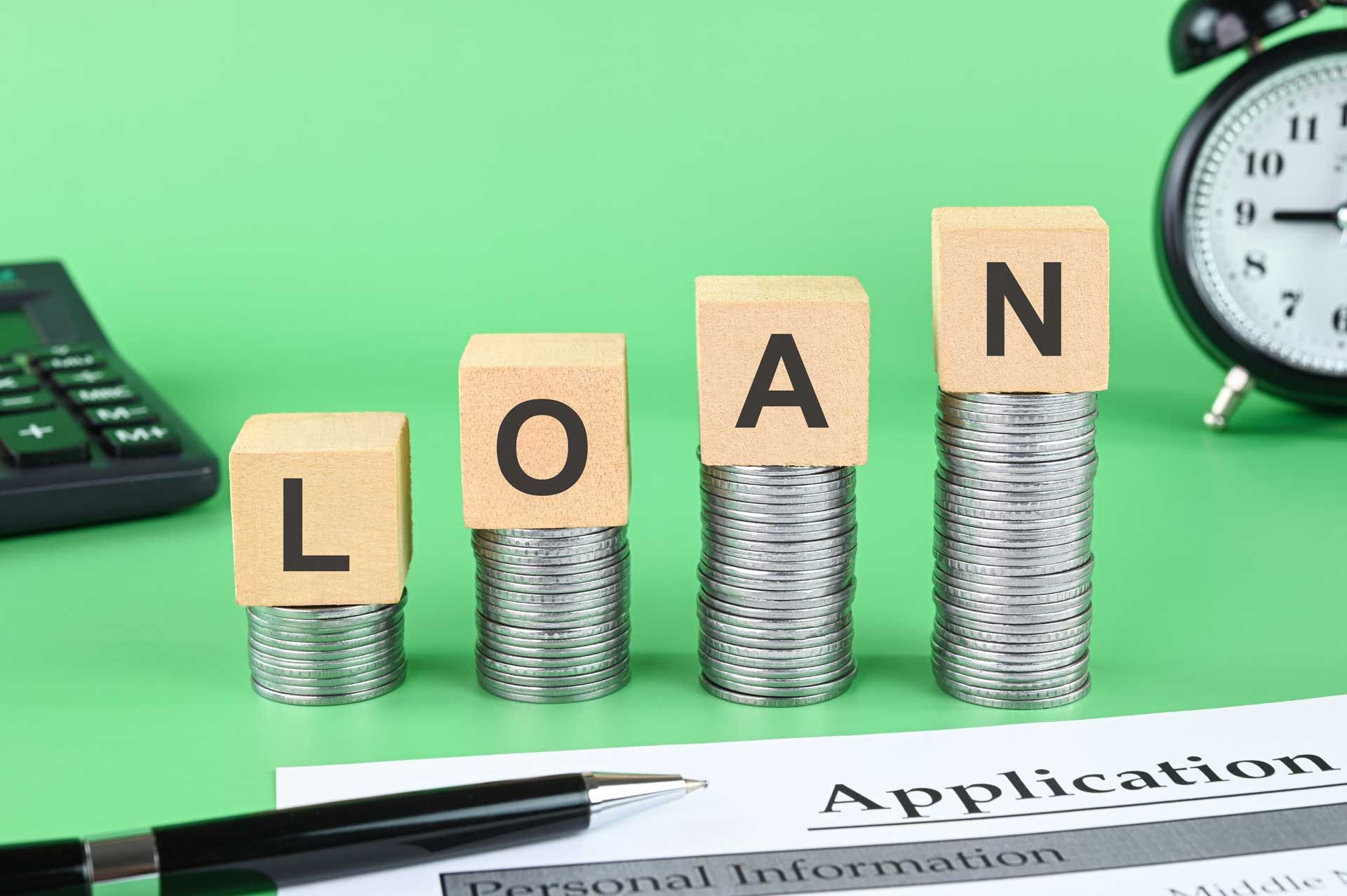Using Collateral for an Installment Loan
In personal finance, securing an installment loan can be a lifeline when you are faced with a significant expense or financial goal. However, not everyone has the credit history or financial standing to easily obtain an unsecured installment loan. This is where collateral can play a crucial role. Collateral can serve as security for lenders, making them more willing to extend loans to borrowers with less-than-perfect credit.
A Valuable Asset for Loan Approval
When you apply for an installment loan, lenders assess your creditworthiness to determine the level of risk they are taking by lending you money. Your credit score, income, and employment history all factor into this evaluation. For borrowers with low credit scores or limited credit history, securing an unsecured installment loan can be challenging. However, collateral can be a game changer.
What is Collateral?
Collateral is an asset that you pledge to a lender as security that you will pay the money back. In the event that you do not pay the loan back, the lender can use the collateral to cover the money that you owe them. The types of collateral that are commonly accepted by lenders include real estate, vehicles, jewelry, and savings accounts.
The Advantages of Using Collateral for an Installment Loan
1. Access to Better Loan Terms
One of the primary advantages of using collateral is that it can significantly improve your chances of loan approval, even if your credit score is not perfect. Lenders are often more willing to lend money when they have collateral as a safety net, which can result in lower interest rates and more favorable loan terms.
2. Higher Loan Amounts
Collateral-backed loans typically allow you to borrow larger sums of money than unsecured loans. This makes them an attractive option for financing major expenses such as home renovations, business investments, or educational pursuits.
3. An Improved Credit Score
Successfully repaying an installment loan with collateral can have a positive impact on your credit score. It demonstrates responsible financial behavior, which can boost your creditworthiness over time.
4. Flexible Repayment Options
With collateral-based installment loans, you might have more flexible repayment terms. Lenders may offer longer repayment periods, allowing you to tailor the loan to your budget and financial goals.
Understanding the Risks of Collateralized Loans
While using collateral can provide numerous advantages, it is important to be aware of the associated risks. If you fail to make your loan payments as agreed, you could lose the collateral you have pledged. Here are some key considerations:
Asset Depreciation
The value of certain types of collateral such as vehicles and real estate can fluctuate over time. If the asset's value decreases significantly, you may find yourself owing more on the loan than the collateral is worth.
Choosing the Right Collateral and Terms
Before using collateral for an installment loan, it is crucial to carefully consider your options. Here are some steps to guide your decision:
1. Assess Your Assets
Evaluate your assets and determine which ones you are willing to use as collateral. Consider the value of the asset and its potential for depreciation.
2. Review Loan Terms
Carefully read and understand the terms of the loan, including the repayment schedule and fees. Ensure that you can comfortably pay the money back to the loan company. If your loan goes into default, the loan company has the right to take ownership of the asset that was used to get the money.
A Secure Path to Financial Stability
Using collateral opens doors when it comes to applying for an installment loan. By making informed decisions and meeting your repayment obligations, you can use collateral to achieve your financial goals. Contact us if you would like to know if using collateral is an option.









